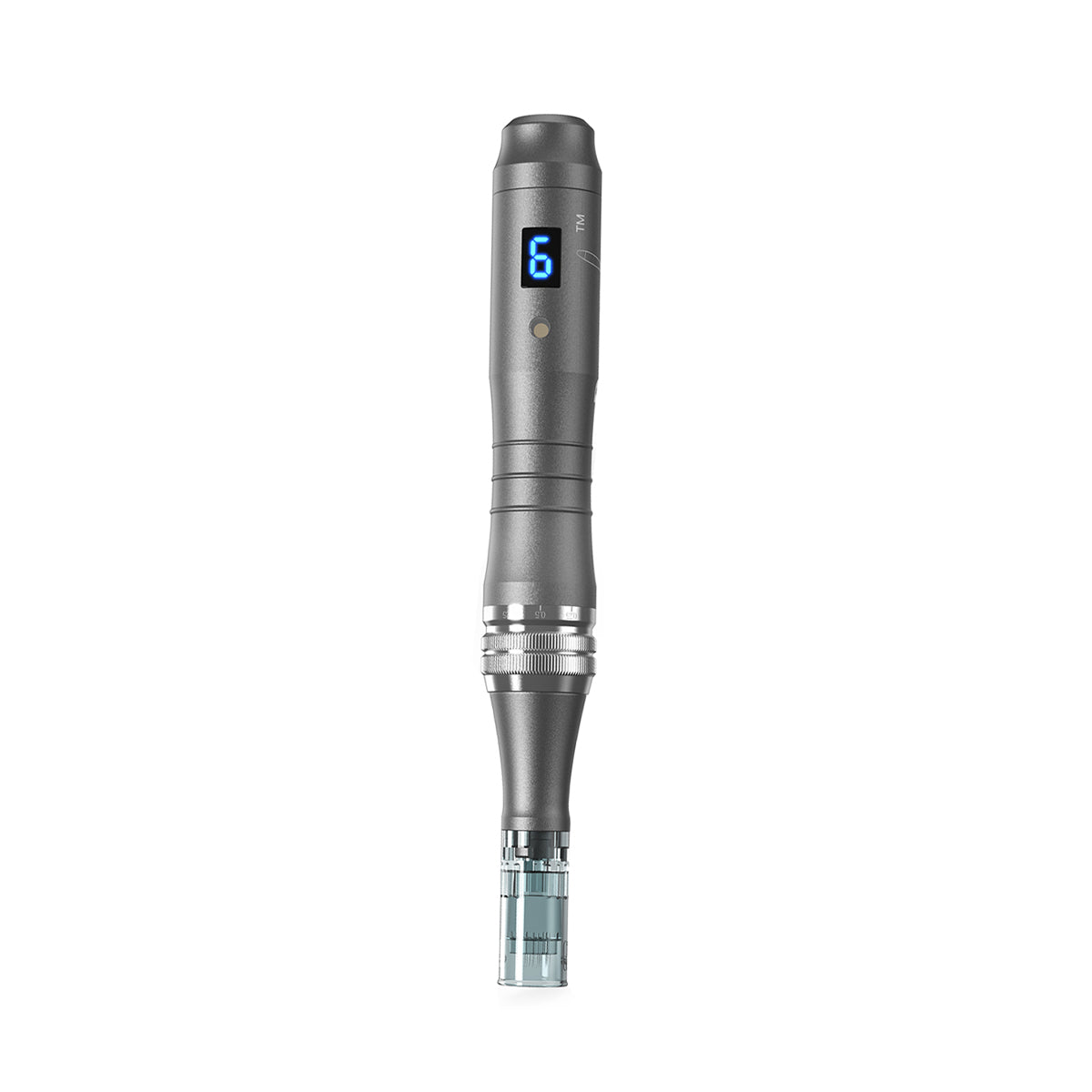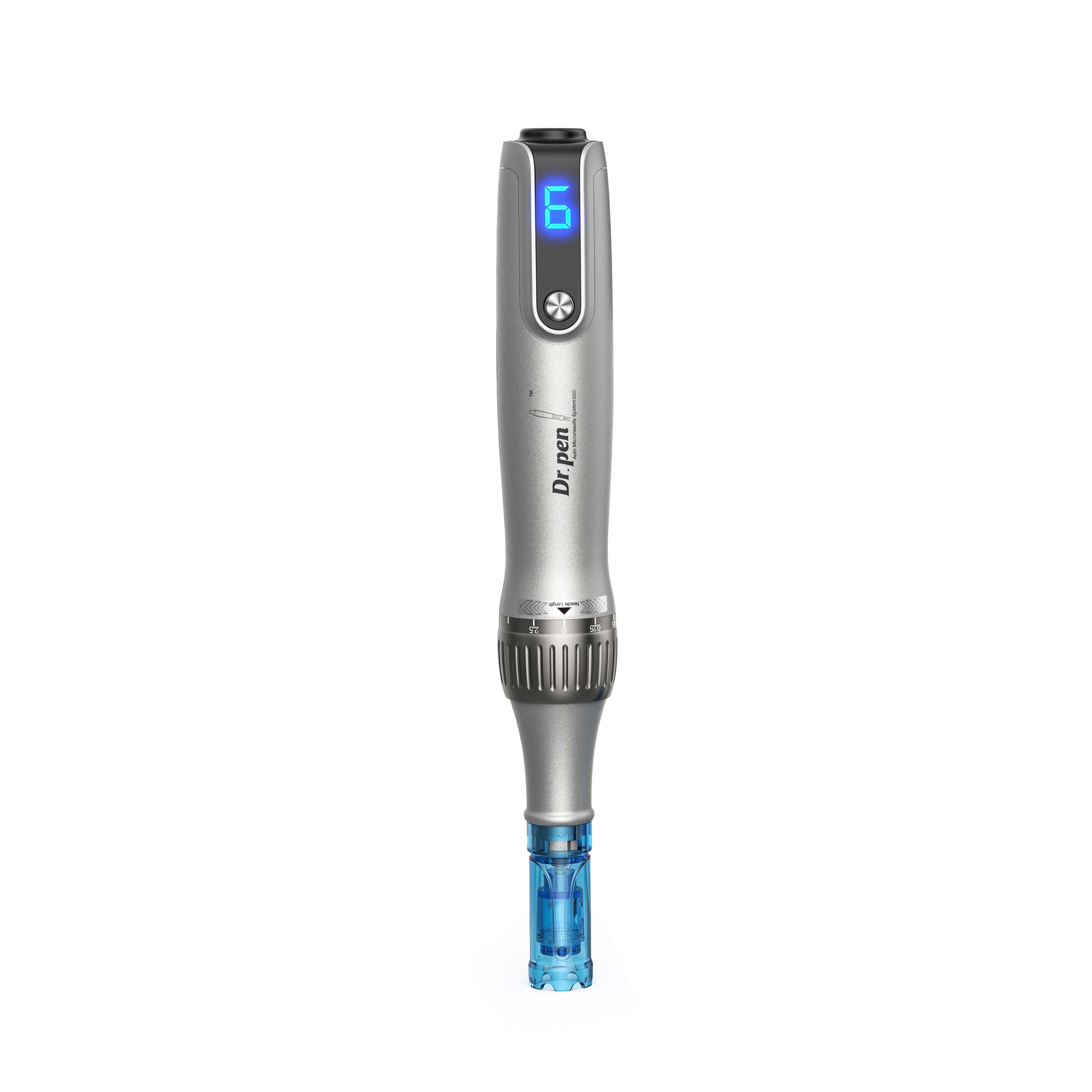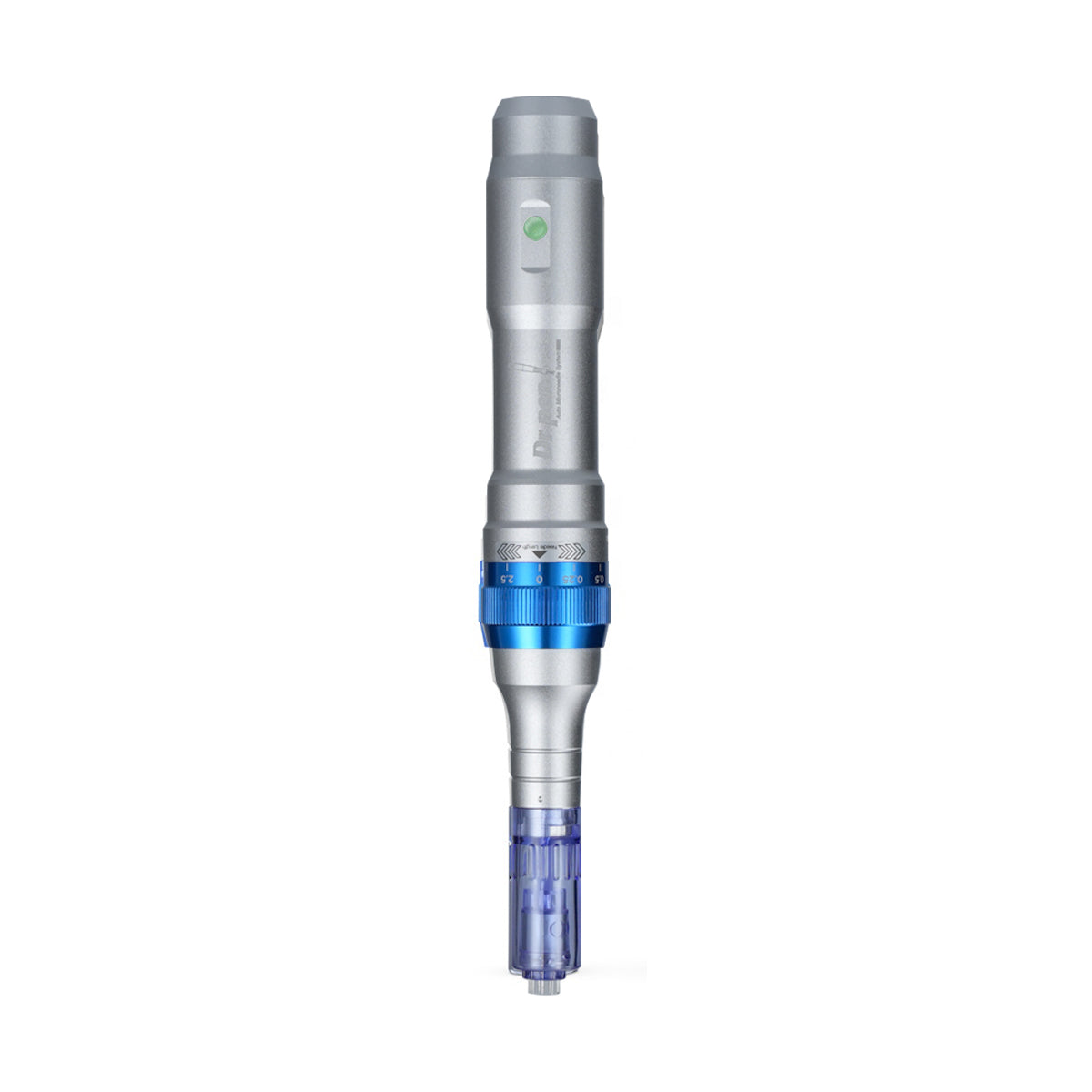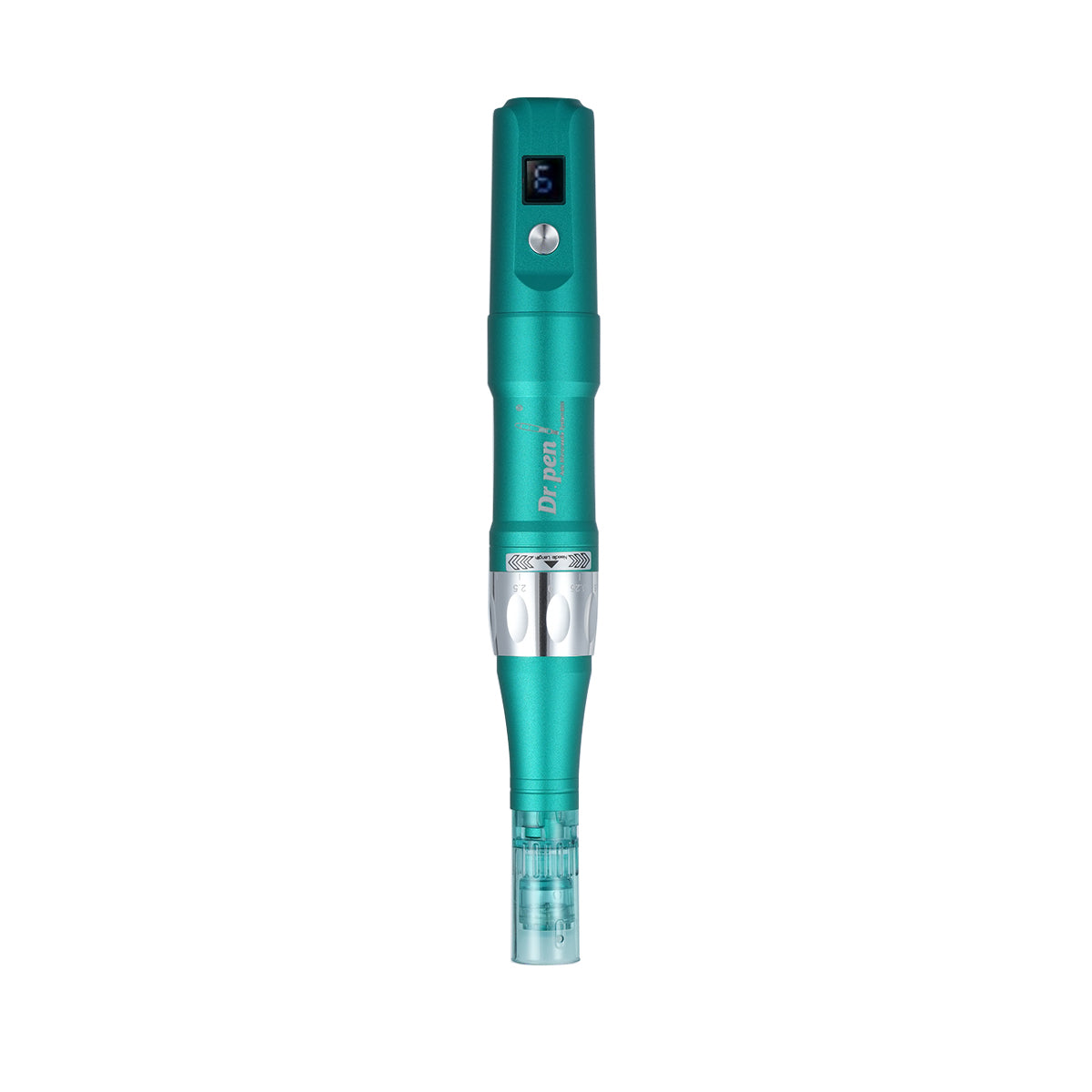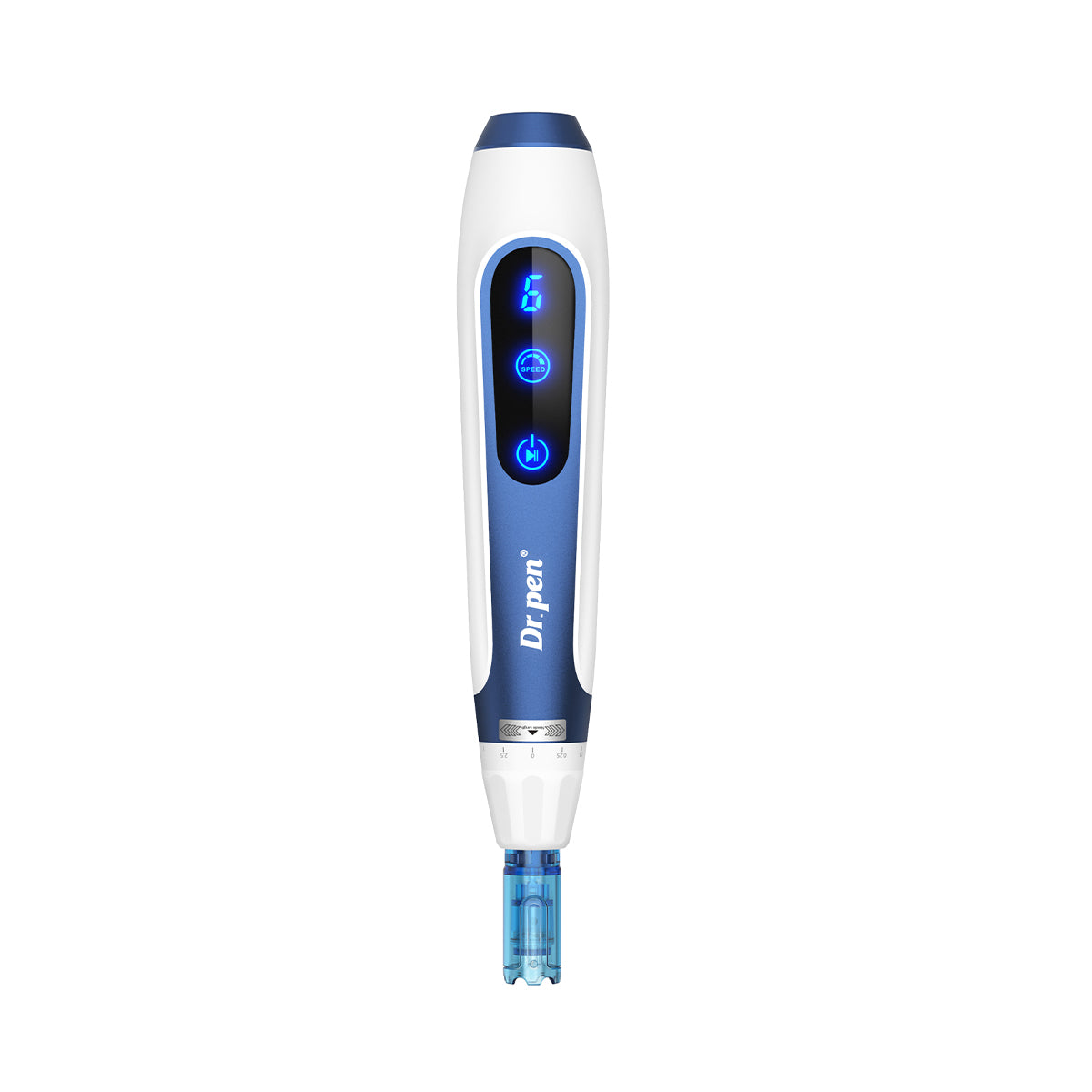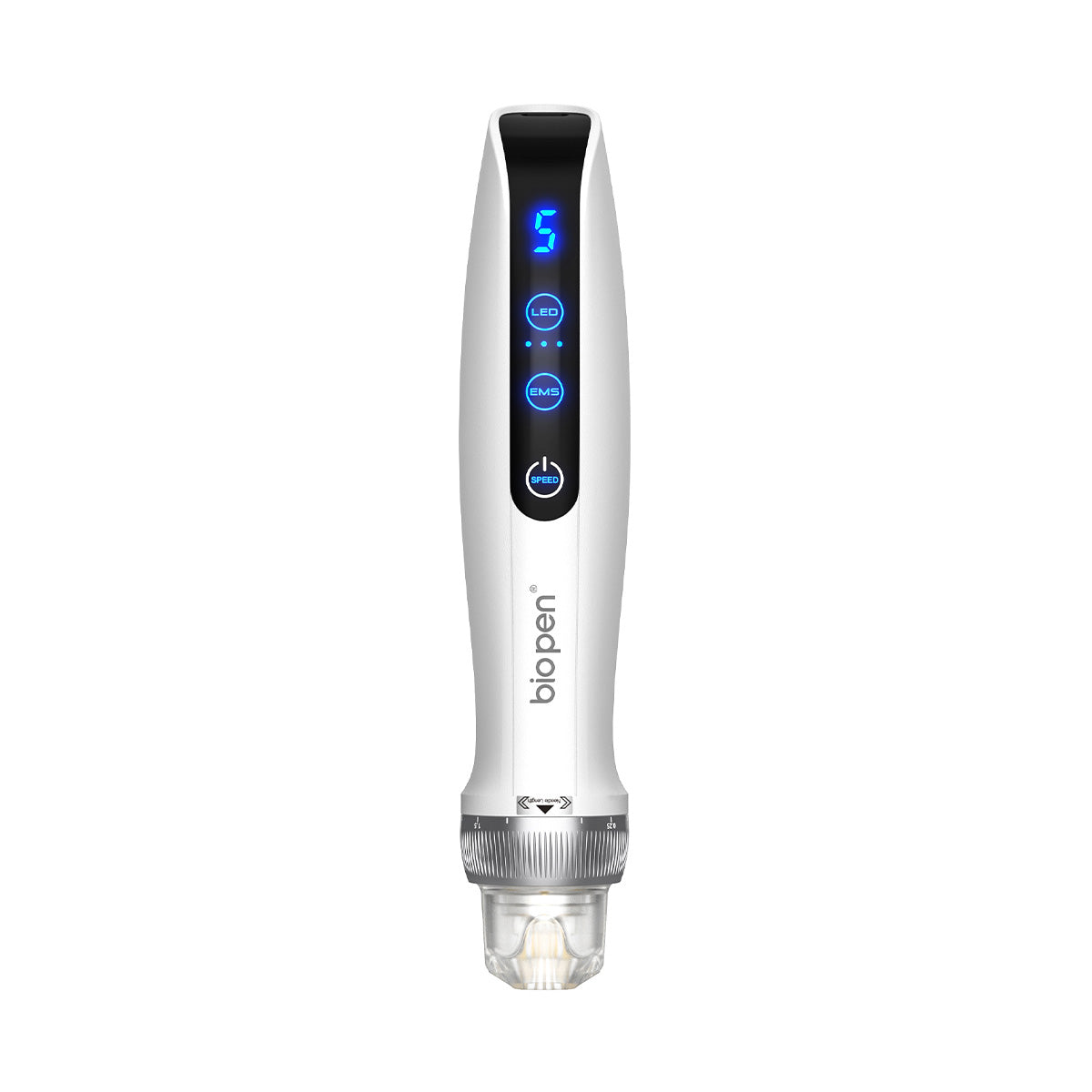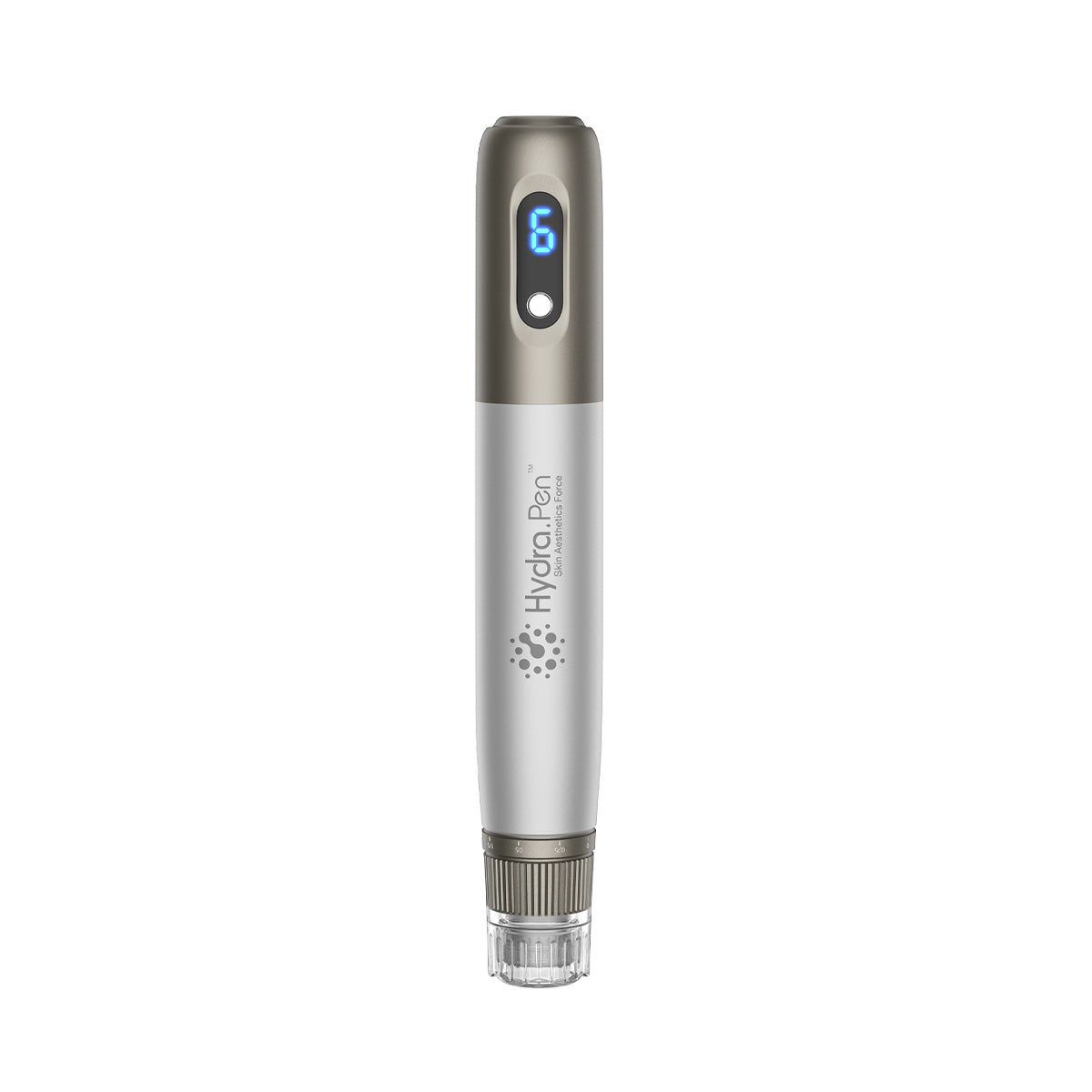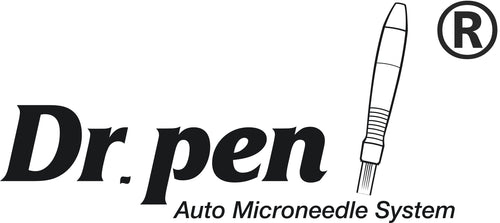As humans and dogs both have different metabolism, they also need to consume different foods. This is why food that is healthy and natural for humans might prove hazardous for your dogs. If your dog consumes some specific human foods, they might suffer from serious poisoning. In worst-case scenarios, they may face death.
On the other hand, numerous human foods are perfect for your dogs and they can consume these foods without any health risks. In this article, we will discuss foods that your dogs can eat and cannot eat.
Carrots: Consumable
If you’re thinking of feeding carrots to your dogs, you can go for it. Whether you feed them cooked or raw carrots, they will be able to digest the carrots easily.
Carrots are not only a great source of minerals, vitamins, and fiber, but they are also low in calories. This is why carrots are super healthy food for your dogs. But make sure you don’t over-feed them or they will become obese.
But before you feed the carrots, consider cutting them into small pieces so that your dog doesn’t choke.
Salt: Limited Consumption
While including salt in your dog’s diet, make sure the quantity is limited. If your dog consumes an excessive amount of salt, it will develop salt poisoning. They can also develop water deprivation that will lead to diarrhea, vomiting, and seizures. In some severe cases, it can prove fatal.
If you want to prevent the adverse effects, make sure you avoid feeding your dog salted foods such as pretzels and chips. Additionally, make sure your dog drinks plenty of water so that your dog can prevent water deprivation.
Peanut Butter: Consumable
Peanut butter is undoubtedly one of the healthiest and safest foods for dogs. When consumed in a moderate amount, peanut butter will prove beneficial for your dogs.
However, don’t forget to limit the intake of peanut butter. This is because peanut butter is extremely high in calories and fat. If your dog eats too much, it will gain excess weight.
Additionally, ensure that your dog is consuming unsalted and plain peanut butter. There are different types of peanut butter available in the market that comes in different flavors such as chocolate, mango, etc. The peanut butter might contain salt which will prove fatal for your dog.
Eggs: Consumable
Full-boiled and half-boiled eggs are perfect foods for dogs if you’re concerned about their nutrition. Adding eggs to their diet is one of the most effective ways to prevent them from suffering vitamin depreciation.
Apart from protein, one cooked egg will also provide a sufficient amount of minerals and vitamins. Some reports stated that eggs can help dogs tackle nausea, even though there is no scientific research backing this claim.
But keep in mind that feeding raw eggs to your dog might cause complications. Even though dogs don’t suffer from serious health complications after consuming raw eggs, bacteria can spread to humans from dogs, which will cause infection.
Salmon: Consumable
Boneless and cooked salmon is perfectly safe for your dogs. They will never get any infection or suffer from any health issues by eating cooked salmon.
Salmon is the best source of omega-3 fatty acids, which is effective at reducing overall inflammation. They can also keep the fur and skin healthy.
But just like eggs, feeding raw salmon to your dogs is not suggested. This is because raw salmon might contain a parasite that can prove fatal.
Cheese: Limited Consumption
Cheese is a safe consumable food for dogs as long as you’re feeding it to your dog in small quantities. Due to the lactose and fat content of the cheese, some dogs might suffer from digestive problems, such as diarrhea and pain. And if your dog consumes too much cheese, make sure you visit a veterinarian as soon as possible.
But to prevent severe symptoms from occurring in the first place, it’s best if you increase the cheese amount in your dog’s diet gradually. Consider feeding mozzarella as this is low-fat cheese.
Blueberries: Consumable
Blueberries are one of the safest and most nutritious for your dogs. They are a great source of antioxidants that will help your dog fight diseases. They also contain a significant amount of minerals, vitamins, and fiber, all of which will prove beneficial for your dog’s health.
As blueberries are small in size, your dog won’t choke. Due to the low calories, they are a super conscious treat for your dog.
Popcorn: Consumable
If you’re searching for occasional treats for your dogs, consider choosing popcorn. But it’s healthy as long as it’s free of any additional ingredients.
If you’ve noticed, many popcorns are salted as salt is one of the most important ingredients of popcorn. Therefore, if your dog consumes an excess amount of popcorn, it might suffer from serious complications. Oil and butter are also other common popcorn ingredient that is high in fat. Therefore, your dog might suffer from pancreatitis if it’s consumed too much.
This is why you should always feed your dog air-popped and ordinary popcorn. Caramel and chocolate popcorns are the most dangerous pet hazards for your dogs. Keep in mind that popcorn can get stuck in your dog’s teeth.
Cashews: Limited Consumption
If your dog is consuming too many cashews, limit their intake as soon as possible. When consumed in small amounts, the unsalted, pain, and roasted cashews will not prove harmful for your dogs. However, remember that cashews are extremely high in calories as well as fat which might cause excess weight gain.
Apart from that, reports also stated that cashews are responsible for causing allergic reactions in dogs. So if you notice your dog is suffering from an allergic reaction, make sure you limit cashew intake as fast as possible.
Almonds: Limited Consumption
It’s best if you limit almond consumption in your dog’s overall diet. Even though unsalted and plain almonds might not prove hazardous, you need to ensure your dog is consuming almonds in small amounts. This is because the digestion tract of dogs is different from humans and they might face problems digesting almonds. As a result, they can suffer from diarrhea and vomiting.
Additionally, almonds are high in calories and fat which will cause pancreatitis in dogs. Small servings of almonds are perfect for dogs.
Onions: Non-Consumable
Make sure you never feed onions to your dogs. Onions contain a toxic compound known as N-propyl disulfide that can affect the red blood cells of dogs. As a result, the capability of their body in carrying oxygen will be decreased. This situation is often addressed as anemia.
When your dog is suffering from anemia, you will notice various symptoms such as weakness, lethargy, fainting, and reduced appetite. In some severe cases, they might need a proper blood transfusion if you want them to survive.
Keep in mind that every compound of the onions is dangerous to your dogs.
Blackberries: Consumable
You will face no problems feeding blackberries to your dogs. In fact, dogs love blackberries so much that they can give you begging eyes.
Whether you choose to feed them frozen or fresh blackberries, they will undoubtedly benefit from its nutrients. Blackberries are rich in vitamins, antioxidants, and minerals as well as low in calories. Not to mention, they are one of the best sources of fiber.
Consider using blackberries as treats while teaching or training your dog.
Tomatoes: Limited Consumption
It’s completely okay if you occasionally feed tomatoes to your dogs. But you need to make sure that the tomatoes you’re feeding to your dog are ripe.
Green tomatoes might prove unhealthy. This is because green tomatoes might contain a small amount of tomatine, which is a toxic substance. Even though green tomatoes aren’t harmful to humans, reports suggested that they might prove fatal for your dog.
If your dog has consumed too much tomatine, it will experience muscle weakness, nausea, difficulty breathing, and abnormal heart rate.
Apples: Consumable
If you slice and feed apples to your dogs, then you don’t need to worry. Apples will increase the minerals and vitamin levels of your dog’s body. The antioxidants of apples will prove beneficial. Apples will also improve the effectiveness of the digestive system.
But the main problem lies within the seeds. You should always make sure that your dog isn’t eating the apple seeds. As per Healthline, apple seeds contain cyanide. If your dog consumes too many apple seeds, death is inevitable. This is why you need to remove the apple seeds before feeding them to your dog.
Garlic: Non-Consumable
This is another food that you should not feed your dog. Thiosulfates have known as a toxic chemical that can be found in garlic. This harmful compound can affect the red blood cells of the body which will ultimately lead to anemia. Not to mention, overconsumption of garlic can also cause different types of complicated symptoms such as vomiting.
In some specific cases, you cannot save your dog unless you consider a blood transfusion.
Conclusion
These are the foods that your dog can eat and cannot eat. Make sure you let us know if you have any more questions.
